Hollings Center Regional Policy Dialogues cover consequential and challenging topics to address critical regional issues. Each program is tailored to specific regions and policy challenges, promoting collaboration and long-term engagement across borders. Participants have included a broad spectrum of government officials, experts on domestic and foreign policy, academics, economists, civil society leaders and practitioners.
Regional Policy Dialogues
The Hollings Center’s Regional Policy Dialogues program brings together groups of experts, policymakers, academics, and practitioners from the United States and countries across the Middle East, North Africa, South Asia, and beyond to engage in meaningful, off-the-record discussions on pressing regional and global challenges. Each dialogue is carefully designed to reflect regional contexts and priorities while fostering mutual understanding, trust, and collaborative thinking. By creating a neutral and comprehensive platform, the program encourages participants to exchange ideas freely, challenge assumptions, and identify shared interests.
These dialogues are designed to foster mutual understanding, identify common interests, and explore practical, policy-relevant solutions to complex issues. Each dialogue is thematically focused and regionally grounded, encouraging long-term cooperation and relationship-building among participants. By providing a neutral platform for exchange, the program supports informed policy development and contributes to deeper cross-cultural and cross-sectoral engagement.
Regional Policy Dialogues: Snapshot Reports
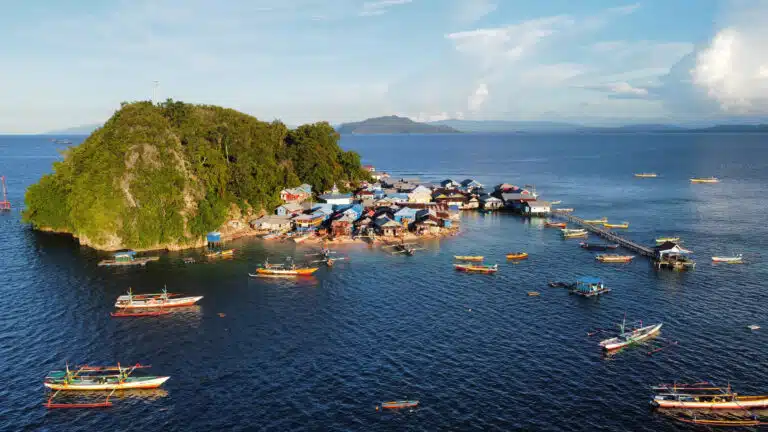
Changing Dynamics in Southeast Asian Maritime Affairs
Explore key insights on Southeast Asian maritime affairs, from legal gaps to cyber threats, migration, and regional cooperation.
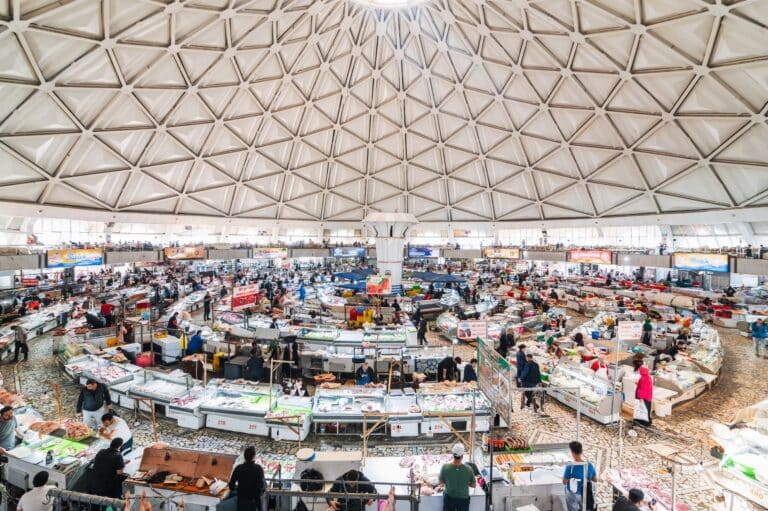
Envisioning Economic Integration: The Gulf and Central Asia
Explore how the Gulf and Central Asia are building trade, energy, and connectivity partnerships to drive regional growth and stability
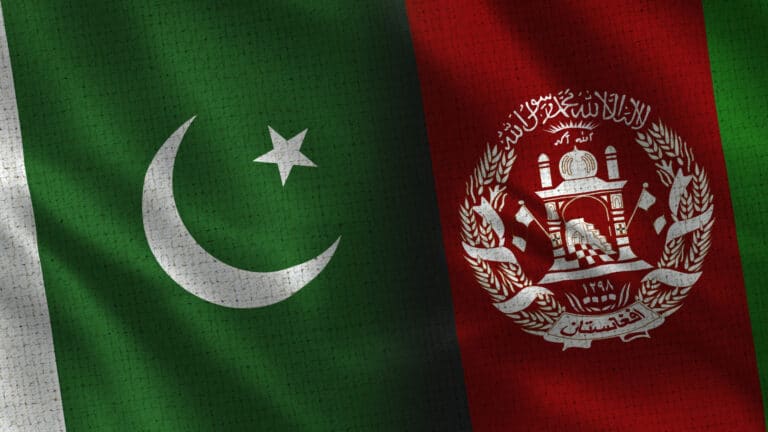
Crossroads: Afghanistan, Pakistan, and the United States
Crossroads: Afghanistan, Pakistan, and the United States is a public snapshot report of a summer 2021 dialogue as significant events occured.
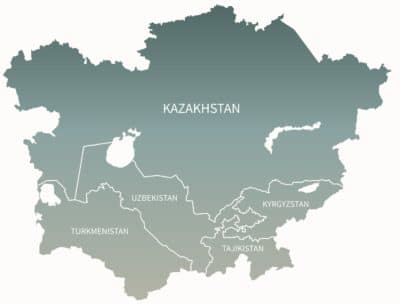
Emerging Forms of Islamic Civil Society in Central Asia
In 2021 the Center hosted experts, civil society representatives, and officials to discuss the emergence of Islamic civil society in Central Asia.
Regional Policy Dialogues: Videos
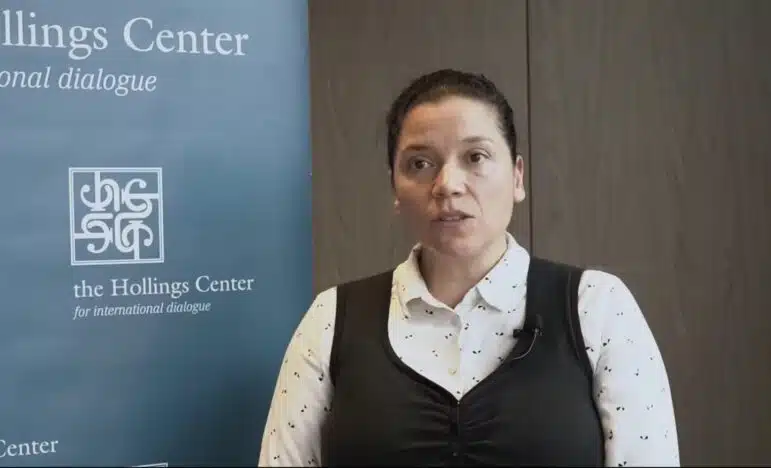
Renewing Strategic Alignment between Turkey, the United States, and NATO
Turkey, the United States, and NATO are experiencing a renewed alignment that underscores expanding cooperation, strengthened defense partnerships, and joint efforts to promote regional stability.
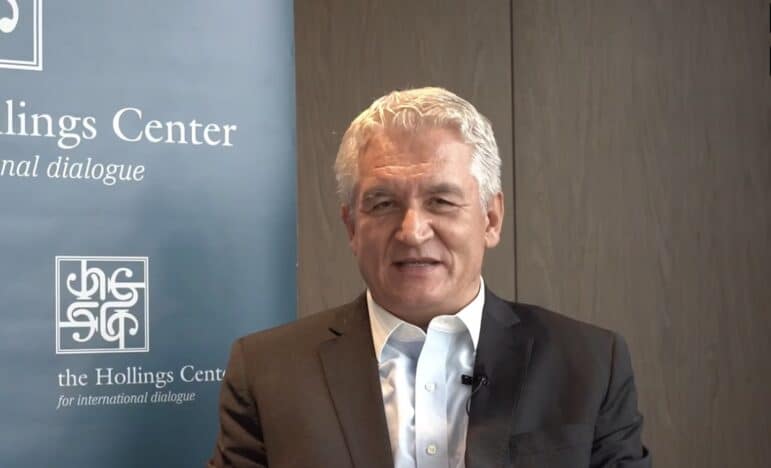
Renewing U.S.–Türkiye Relations Through Pragmatic Cooperation
A call for renewing U.S.–Türkiye relations through pragmatic cooperation in defense, innovation, and business partnerships.
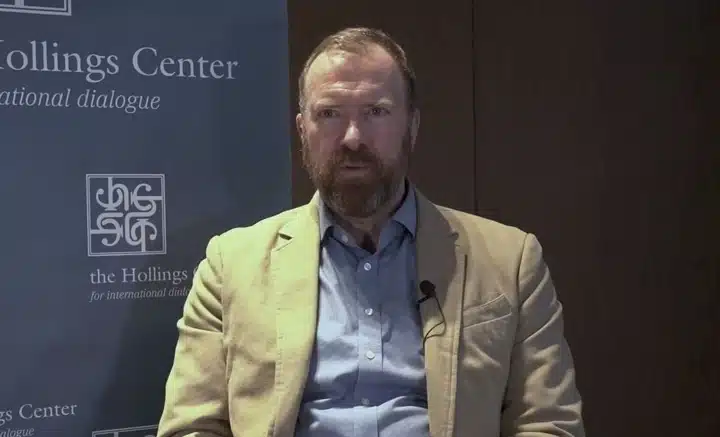
Building Common Ground: U.S.–Turkey Cooperation
Exploring how U.S.-Turkey cooperation, shared interests, and defense partnerships are shaping a stronger strategic relationship.
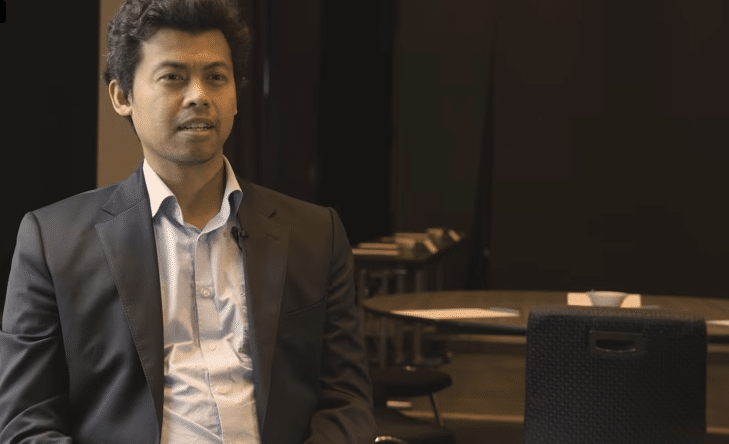
Myanmar’s Crisis: Regional Stakes and Global Consequences
Fuadi Pitsuwan urges global and ASEAN action on Myanmar’s crisis, highlighting its regional impacts and global security threats.
Regional Policy Events & Other Projects
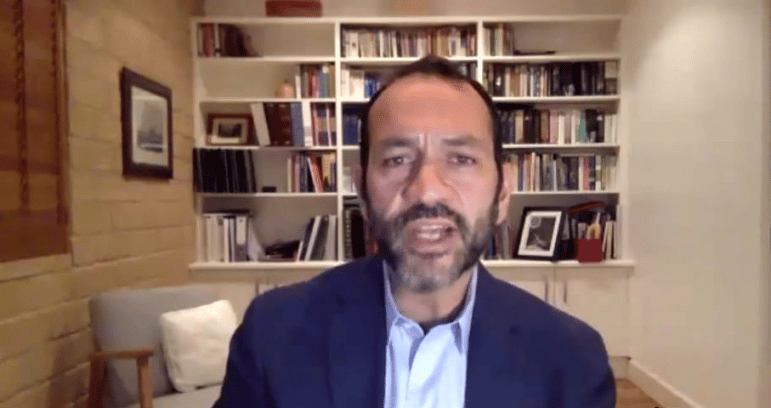
Sino-Maghreb Relations: Past, Present, and Future
Over the past years, China has been increasing its presence and engagement with the Arab world. Presenting itself as a more reliable partner than the
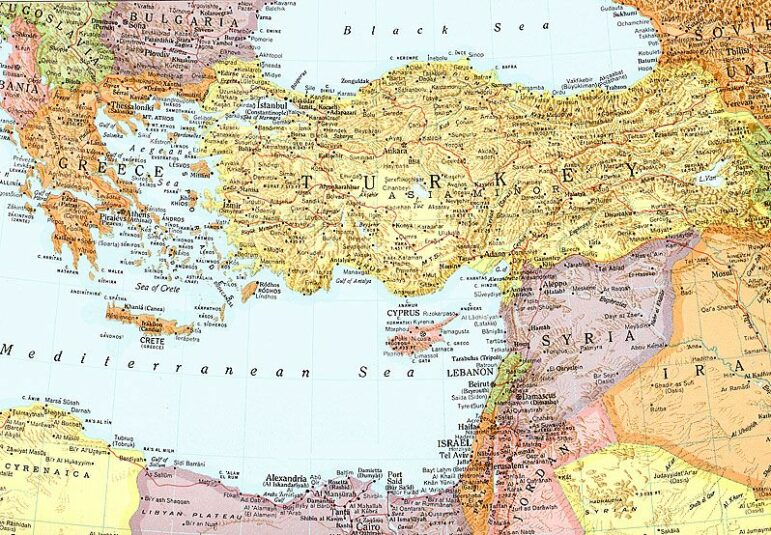
YPIR Series: Beyond Energy – Turkey and the New Geopolitics of the Eastern Mediterranean
Tensions are high in the Eastern Mediterranean. Against the backdrop of natural gas discoveries and the persistent disputes over drilling rights, the geopolitical landscape of
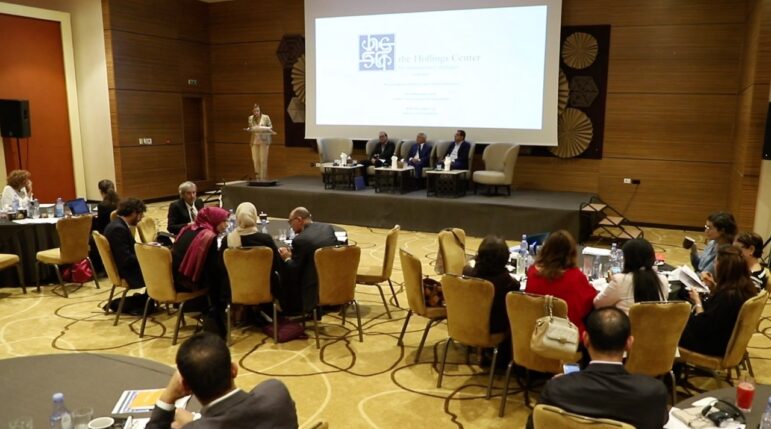
Reconciling Deep Reforms with Political Pluralism
The Hollings Center for International Dialogue embarked on a project in 2017 entitled ‘Political Pluralism in the Middle East and North Africa’. To better understand
Amazing Pakistan : Amazing Afghanistan
The Hollings Center supported a photography competition and two exhibitions held in Lahore, Pakistan and Kabul, Afghanistan, entitled Amazing Pakistan : Amazing Afghanistan, through a